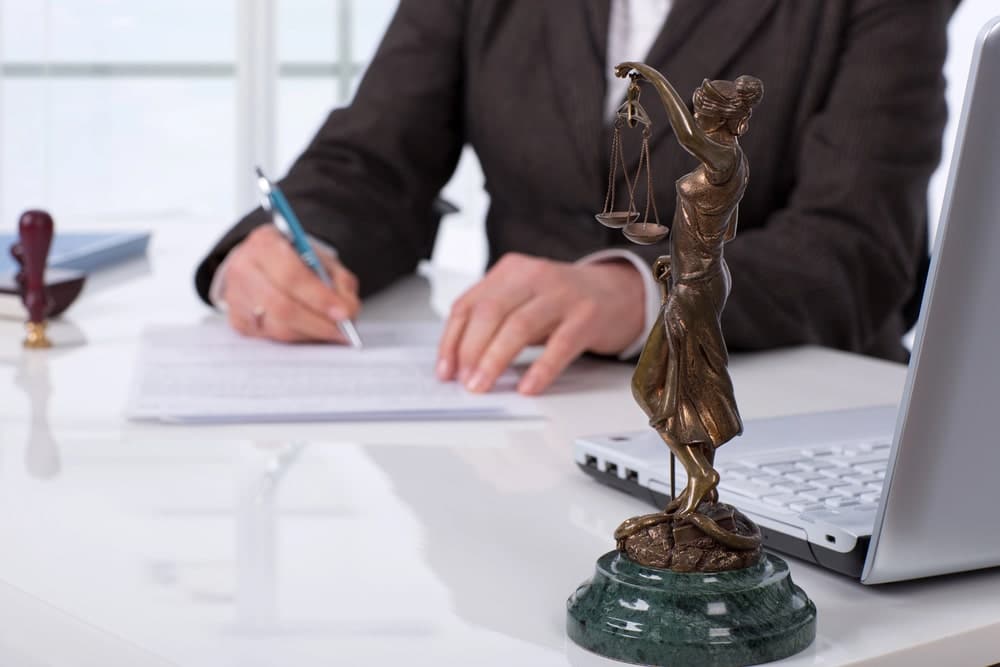Imagine being in the middle of a child custody case and suddenly facing an accusation of domestic violence that could change everything. In Florida family courts, even a single claim of abuse can trigger serious safety concerns and emergency legal action. Judges are required to prioritize the safety of children, and they will not ignore any sign of potential danger.
When domestic violence becomes part of a custody dispute, the outcome can change very quickly. Shared parental responsibility may be limited, and time-sharing can be restricted or ordered under supervision. These decisions are often temporary but may be made before a full hearing, which is why understanding how child custody in Florida is handled in cases involving abuse is critical.
Florida law allows courts to issue restraining orders, restrict communication, and require safety conditions before allowing contact with a child. Evidence such as police reports, witness statements, medical records, or threatening messages can strongly impact a judge’s decision. Parents caught in these situations need skilled Cocoa Beach violent crime lawyers to protect both their parental rights and their children.

What Counts as Domestic Violence in Florida?
Legal Definition
Domestic violence in Florida includes physical violence, assault, threats, stalking, harassment, and coercive or controlling behavior within a family or household. Emotional and psychological abuse may also qualify if it causes fear or emotional harm to a child or parent. Physical injuries are not required for a judge to act, and courts may intervene even with limited evidence, which is why many families seek legal help early.
Who It Applies To
Florida domestic violence laws apply to spouses, former spouses, co-parents, relatives, and people who currently or previously lived together. Violence against the other parent can still affect custody rights even when the child was not physically harmed. Exposure to abuse is treated as a serious safety risk in Florida custody cases, and an experienced family or domestic violence attorney can help present evidence to protect both parents and children.
How Domestic Violence Changes Custody and Parental Responsibility
Domestic violence can alter the course of a custody case long before it reaches trial. In Florida, judges must prioritize a child’s physical and emotional safety over parental rights when evaluating risk.
Parental Responsibility Decisions
Florida law generally favors shared parental responsibility because it keeps both parents involved in raising the child. However, when domestic violence is proven or supported by strong evidence, the court must take steps to prevent future harm. In these situations, a judge may grant one parent sole parental responsibility to ensure stability and safety for the child.
Time-Sharing Restrictions
Abuse allegations also impact time-sharing rights. Overnight visits may be denied, and parenting time may be restricted to supervised visitation until safety concerns are resolved. Judges often require counseling, parenting classes, or completion of a batterer’s intervention program before restoring unsupervised contact.

Domestic Violence Injunctions and Court Protections
Domestic violence cases move quickly in Florida family courts because judges must prevent harm before it occurs. When abuse is alleged, the court can step in immediately to stabilize the situation and protect the child.
Protection Orders and Temporary Custody
A domestic violence injunction—also known as a restraining order—can block or limit a parent’s contact with the other parent and child. Judges may grant temporary custody to the non-abusive parent to ensure safety while the case proceeds. These injunctions can also include stay-away provisions, monitored communication, and restrictions on visitation.
Emergency Court Action
In high-risk situations, a judge may issue a temporary injunction without notifying the accused parent, known as an ex parte order. This emergency order remains in effect until a full hearing is scheduled. At that hearing, both parents may present evidence before the court decides on longer-term custody and time-sharing arrangements.
Evidence and Challenges in DV Custody Cases
Domestic violence allegations in child custody cases must be supported by credible proof. Florida courts do not rely on accusations alone—they require evidence that shows a pattern of behavior, risk of harm, or a history of abusive conduct. How well the evidence is presented often determines which parent gains custody protections.
Types of Evidence the Court Considers
To evaluate the truth of a domestic violence claim, judges look for reliable and verifiable documentation, such as:
- Police reports from prior domestic disturbances or arrests
- Medical or hospital records documenting physical injuries
- Threatening text messages, emails, or voicemail recordings
- Photos of injuries, damaged property, or violent incidents
- Witness statements from neighbors, relatives, teachers, or child caregivers
- Counseling records or reports that show fear, trauma, or abuse patterns
- Prior protective injunctions or child protective services (CPS) findings
The stronger and more organized the evidence, the easier it is for a parent to demonstrate risk and obtain legal protections.
Common Challenges in Court
Even with evidence, domestic violence custody cases are rarely simple. Judges must carefully review the facts because these cases often include:
- Conflicting stories and disputes over credibility
- Claims of self-defense versus abuse
- False or exaggerated accusations are used to gain a custody advantage
- Lack of physical evidence in emotional or psychological abuse cases
- Delayed reporting due to fear, intimidation, or financial control
A criminal conviction is not required for the court to act. If the evidence shows a genuine risk to the child, judges may restrict custody or order supervised visitation for safety.

Safety Measures Ordered by Florida Courts
Florida courts may allow continued contact between a child and a parent accused of abuse, but only under strict safety conditions. These measures are designed to prevent further harm while still preserving the parent-child relationship when it is safe to do so. Judges carefully tailor these protections based on the level of risk and the evidence presented.
Supervised Visitation
Supervised visitation is used when some contact is appropriate but safety remains a concern. Visits must take place at approved facilities or in the presence of a trained supervisor appointed by the court. This structure allows the parent to remain involved while ensuring a controlled and protective environment for the child.
Safe Exchange of Children
In some families, the risk occurs during pick-ups and drop-offs rather than during parenting time itself. To prevent confrontation, the court may order child exchanges at neutral locations such as police departments, monitored public areas, or supervised visitation centers. These safeguards reduce conflict and protect both the child and the other parent from intimidation or harassment.
Long-Term Custody Outcomes After Domestic Violence
Domestic violence can affect child custody in Florida long after a case is opened, and courts take long-term safety concerns seriously. Before making changes to parental responsibility or time-sharing, judges evaluate risk and stability over time. The court’s priority is protecting the child from emotional harm, unpredictable environments, and the possibility of repeat violence.
Permanent Parenting Plans
If the court believes a child remains in danger, it may order long-term restrictions as part of a permanent parenting plan. A violent parent may be denied unsupervised visits, overnight time-sharing, or the ability to travel alone with the child. These plans are designed to promote emotional security, routine, and a peaceful home environment.
Rebuilding Parental Rights
Florida courts do allow parents to regain certain rights if they demonstrate genuine rehabilitation and change. Judges may require counseling, anger management, parenting courses, or completion of a batterer’s intervention program before considering any request. Even then, no custody modification will be approved unless it is proven to be safe and in the child’s best interests.
Conclusion
Domestic violence has serious and lasting effects on decisions regarding child custody in Florida because courts act quickly to prevent harm before it occurs. Judges rely on protective injunctions, documented evidence, and structured safety plans to determine parental responsibility and time-sharing in high-risk situations. Their priority is always the physical and emotional well-being of the child.
Parents facing abuse allegations or protecting a child from violence must respond strategically. Taking immediate legal action, preserving strong documentation, and complying with court orders are critical steps in these cases. With the guidance of an experienced Florida family law attorney, parents can protect their rights while prioritizing their child’s safety and stability.
At DeGraff Hicks Law Group, we know how emotional and overwhelming a custody case involving domestic violence can feel. Your child’s safety and your parental rights matter, and you do not have to face this battle alone. Contact us today at (321) 44-SHARK for a free and confidential consultation and speak with a lawyer who is ready to protect your family.

